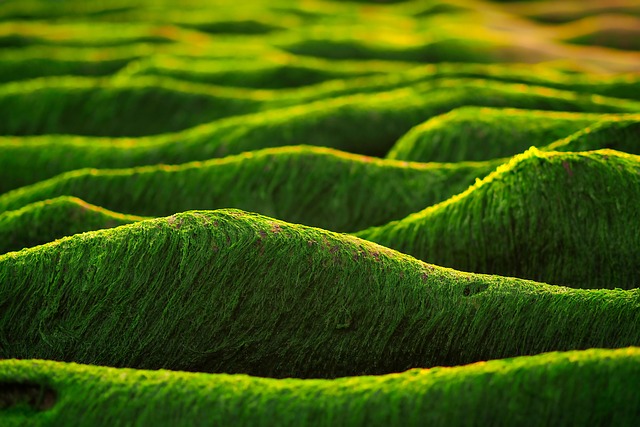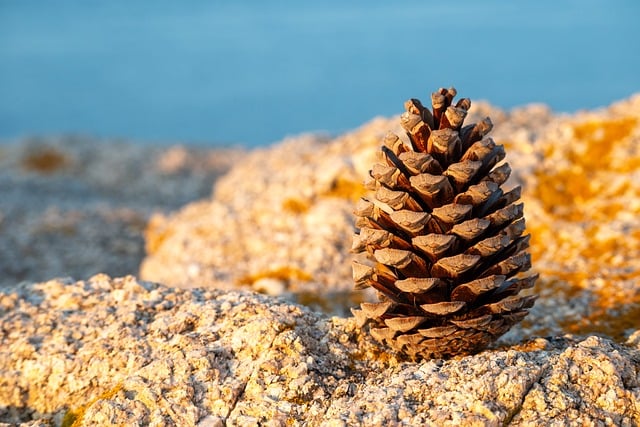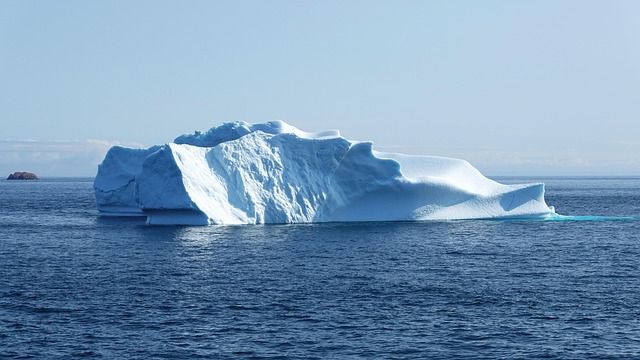The mesmerizing hues of our oceans are often painted by vibrant species such as red algae. However, these organisms are more than just beautiful; they play a crucial role in the marine ecosystem and directly influence our global environment. As we delve into the relationship between red algae and oceanic melting, it becomes essential to understand the implications of climate change on these unique marine plants and how they can, in turn, affect our planet.
Red algae, known scientifically as Rhodophyta, thrive in the sun-drenched depths of our oceans. These organisms are not only vital for local marine life, providing habitat and food for numerous species, but they also contribute significantly to the ocean’s carbon cycle. As they photosynthesize, red algae absorb carbon dioxide, a greenhouse gas that contributes to global warming. However, as temperatures rise and oceanic conditions deteriorate due to climate change, the vitality of these essential plants is being challenged.
One of the most alarming consequences of climate change is the melting of polar ice caps. As the ice thaws, the influx of freshwater into ocean ecosystems disrupts the salinity balance, impacting the delicate habitats that red algae depend on. With rising sea temperatures, these organisms can face increased stress, leading to phenomena like algal blooms, which can suffocate marine life and release toxins harmful to both creatures and humans.
Moreover, the interaction between red algae and warming oceans can exacerbate the rate at which ice melts. Research suggests that certain algae can darken ice surfaces, reducing their reflectivity and, thereby, accelerating melting. This feedback loop poses a significant climate change concern, making it imperative to monitor how red algae populations respond to environmental shifts.
The decline of red algae not only threatens biodiversity but also undermines local economies reliant on marine resources. Coastal communities that depend on fishing and tourism can face severe repercussions if the health of our oceans continues to falter. Addressing the challenges posed by climate change is not just an environmental concern; it’s a question of cultural and economic survival for many communities worldwide.
As we navigate this complex relationship between red algae and climate change, it is essential to advocate for sustainable practices and policies that protect our oceans. Investing in research and promoting awareness about the effects of climate change on marine ecosystems can foster a greater appreciation for the role that red algae play in our world. By working together, we can help mitigate the effects of global warming and protect the delicate balance of our oceans for generations to come.




